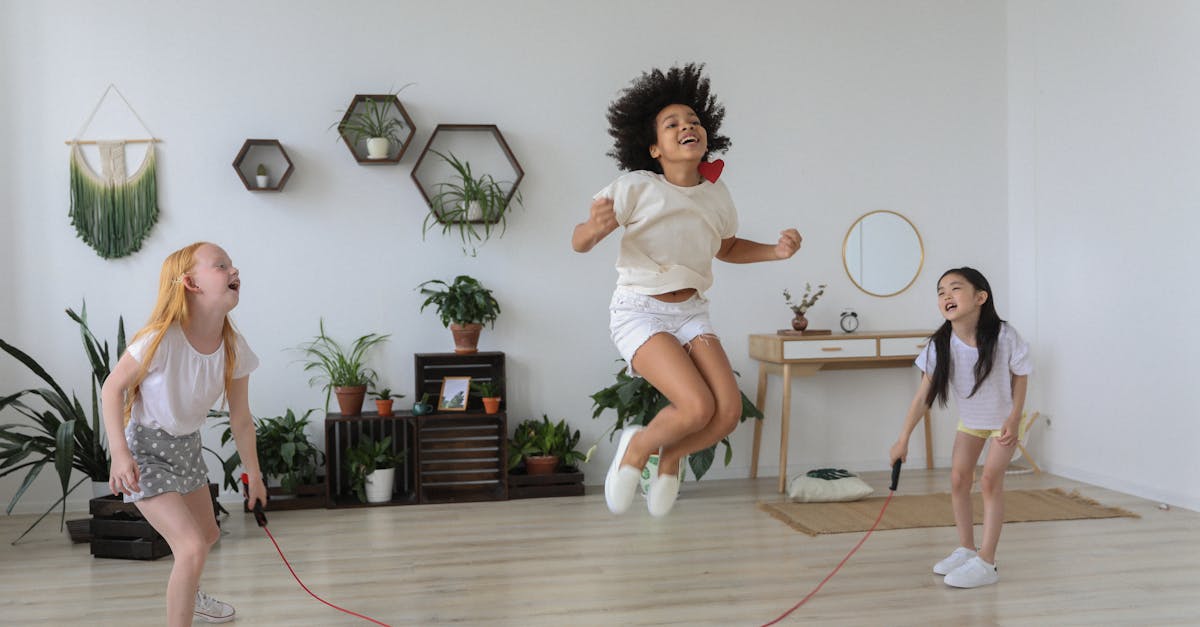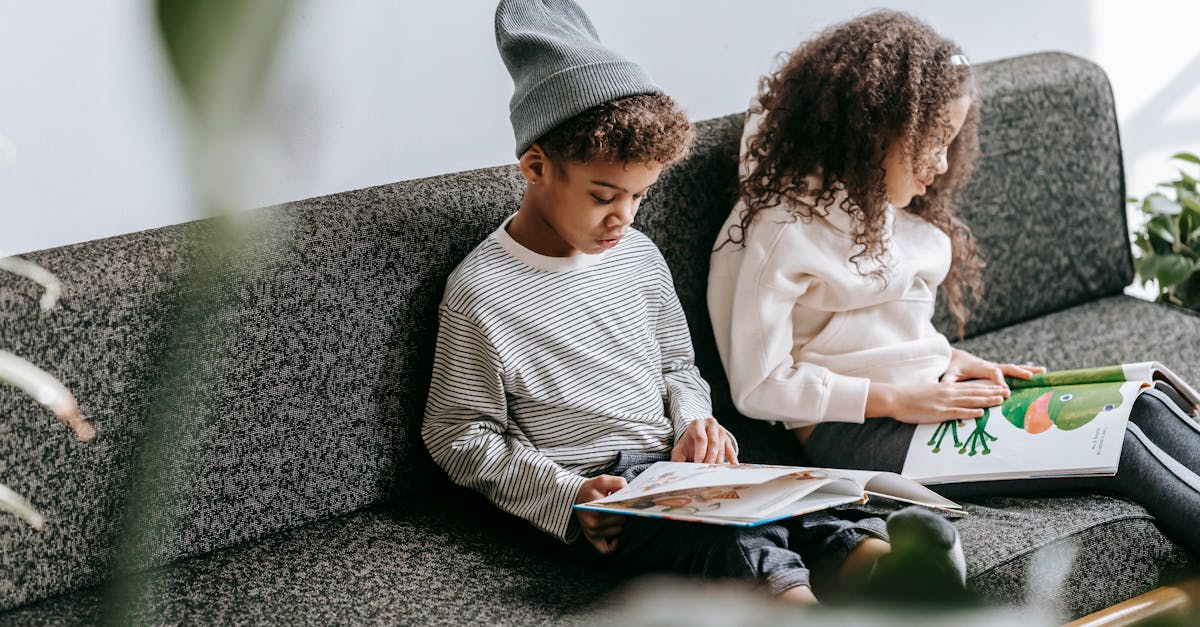What is Cognitive Flexibility?
Cognitive flexibility is the mental ability to switch between thinking about two different concepts or consider multiple perspectives simultaneously. It can be likened to a mental gymnastics exercise for kids. This ability helps individuals adapt to new situations and understand others’ viewpoints. For instance, when children can swiftly transition from solving math problems to discussing a book, they are demonstrating cognitive flexibility.
This agility in thinking can be nurtured through engaging in diverse conversations, and ChatGPT plays a crucial role in this aspect.

Utilizing tools like ChatGPT can provide an interactive platform where children can explore a variety of topics, facilitating the development of cognitive flexibility through exposure to different ideas and perspectives.
Why is Cognitive Flexibility Important for Kids?
Why is cognitive flexibility crucial for kids, you ask? Well, kids with better cognitive flexibility are more adaptable and resilient. Picture your child tackling a tricky puzzle. With cognitive flexibility, they can try different approaches and not get stuck in one rigid way of thinking. This skill is not only essential for academic success but also helps in real-life situations. It aids in problem-solving, emotional control, and fosters creativity, making them resilient and well-rounded individuals.
 Please note that the image is linked for reference and is clickable.
Please note that the image is linked for reference and is clickable.
How ChatGPT Encourages Creative Thinking
ChatGPT opens avenues for endless creative thinking! Imagine playing a game where your child asks, ‘What would a giraffe say if it could talk?’ ChatGPT can spin stories, answer curious questions, and provide scenarios that fuel your child’s imagination. Through these interactions, your child learns to draw connections from different ideas and improves their ability to think outside the box. It’s like having an endless source of inspiration and creativity right at your fingertips!

Building Emotional Resilience with ChatGPT
Kids often face emotional ups and downs. Here’s where ChatGPT can help build emotional resilience. For example, a child who is feeling anxious about a test can interact with ChatGPT to express their worries. The dialogue can provide comforting responses, validating their feelings while offering practical advice. This interactive form of support helps children manage their emotions better, equipping them with the resilience needed to face everyday challenges.

Conclusion:
Building emotional resilience in children is crucial in helping them navigate the complexities of growing up. Utilizing tools like ChatGPT can provide valuable support in this journey.
Enhancing Problem-Solving Skills
Problem-solving is another critical aspect that benefits from the use of ChatGPT. Consider a scenario where your child is stuck on a homework problem. With ChatGPT, they can brainstorm different ways to approach the problem. Encouraging this method of thinking helps them to view problems from multiple angles and develop effective solutions. These interactions foster a mindset where the child becomes a proactive problem solver rather than just seeking straightforward answers.

Promoting Positive Social Interaction
Positive social interactions are fundamental for children’s development. ChatGPT can simulate varied social scenarios, helping your child practice effective communication.
Imagine ChatGPT role-playing as a new friend at school; your child learns how to introduce themselves and ask questions to get to know the friend. These simulated interactions provide a safe space for children to polish their social skills, making them more confident and socially adept.

Emphasizing positive social interactions from an early age can have a lasting impact on a child’s social development. By utilizing tools like ChatGPT, parents and educators can create opportunities for children to grow their communication skills in a supportive and engaging environment.
Practical Tips for Parents
Parents, you can use ChatGPT to foster cognitive flexibility in your children by incorporating it into daily activities.
- Encourage your child to ask ChatGPT open-ended questions.
- Use ChatGPT for storytelling sessions where your child can take the lead in creating characters and plots.
- Join in on the fun! Make it a family activity, as shared experiences enhance learning and are much more fun.
Your participation provides support and strengthens family bonds, creating a nurturing environment for developing cognitive skills.

